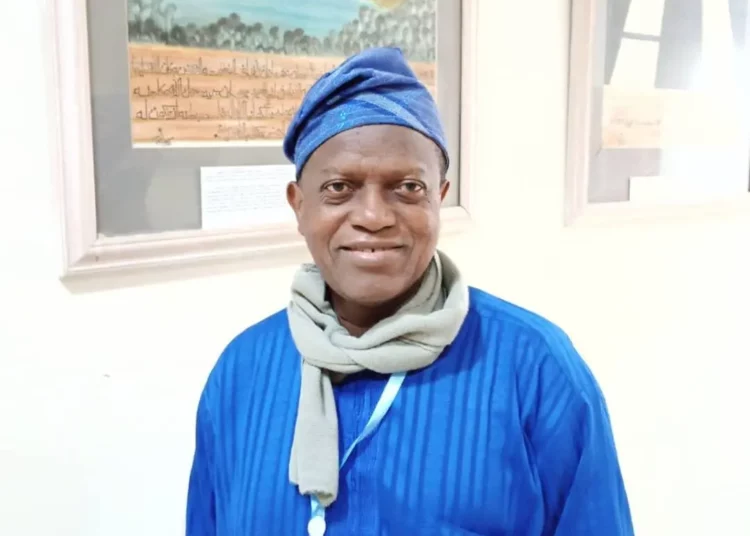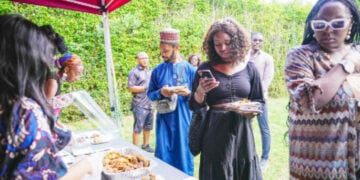The Secretary General of the Pan-African Writers Association (PAWA), Dr Wale Okediran has identified lack of funding and multiplicity of language as major challenges of the association.
Okediran who took over the reins of leadership in 2020, post the demise of his predecessor and first secretary-general, Atukwei Okai said the association relied heavily on grants from non-governmental organizations (NGOs) for short-term projects, a source that has drastically reduced post COVID 19.
Modeled after the Economic Community of West Africa States (ECOWAS), PAWA established in 1989 by the African Union (AU), mandates member countries to make annual contributions (subventions) to the association for its projects and day-to-day operation.
Despite raising active membership from 5 to 45 countries within four out of his five-year tenure, Dr Okediran said it hasn’t impacted funding.
“Some governments have no interest in literature. It’s made funding erratic, and we go one year or two without subventions from countries. We had organizations interested in literature that supported us prior to the COVID 19 era, but post COVID, many countries have cut their allocations to literature and culture. Culture is the first to go during global economic downturn.”
Dr Okediran further noted that multiple official languages of operation, has proven more of challenge.
“Our official languages of operation at PAWA are English, French, Swahili, Portuguese and Arabic. We have had to find ways to interpret and translate all our publications to ensure understanding and exchange of these works amongst our writers.
“We are not giving up. I am never tired of sending reminder letters to member countries to pay their subventions.”
In spite of the aforementioned challenges, Dr Okediran’s administration has achieved much success since assumption of office in 2020. In addition to raising active membership from 5 to 45 (of 52 countries), PAWA had its first ever congress in Ibadan in 2022, with 45 countries in attendance; published and presented PAWA’s first audited Financial Statement; and was hosted by the Djibouti government to mark the 2023 African Writers Day.
PAWA further published four works, the first, in honour of a popular African writer – this time on former Ghanaian President, Jerry Rawlings; the second, a publication on the proceedings of PAWA’s first conference in Ibadan; the third work, is a publication of its programme at Djibouti; and finally, PAWA published a collection of 56 short stories from 15 African countries, in collaboration with a publisher.
Speaking on the future and role of African writers in the face of continental political upheaval, coups and corruption, Okediran said is tricky and requires tact.
“The issue of writer associations and interventions in political or social issues requires a lot of tact, because both divides of the issues are represented in a global body like power. Take the issue of the Israel and Palestine, we have members who are on both sides of that issue. We have those who are sympathetic to Israel, and those that are sympathetic to Palestine. The best we could do was to come out with a statement asking for peace.
“That is what I consider the negative effect of belonging to such an organization. On the positive side, it presents us more leverage to network, publish more writers works, and widen our writers’ horizons.”





